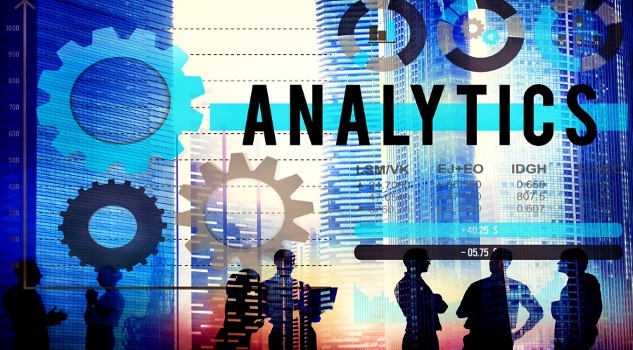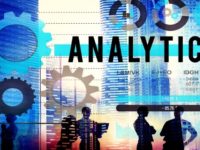Companies want to be faster and more agile, yet they are struggling to keep up because real-time action and self-service functions are not today’s businesses strengths. To achieve the speed and responsiveness they’re looking for, businesses must aim to optimise human intervention when it comes to analysing data. We refer to this as being a sentient enterprise.
The ‘sentient enterprise’ concept was developed by Oliver Ratzesberger, President of Teradata Labs, and Professor Mohan Sawhney at the Kellogg School of Management at Northwestern University. The sentient enterprise can listen to data, analyse it, and make autonomous decisions at a massive scale in real time. It will evolve constantly as its intelligence becomes more sophisticated.
We believe there are five key benefits of becoming a sentient enterprise:
1) Improving agility. Being sentient lets businesses cut data analysis cycles down so users create, test, and experiment seamlessly without the need to create data silos or extract data outside the analytical domain.
2) Adopting a behaviour-centric mindset. Being sentient loosens the reins on the data-gathering process so it can adapt and respond to the world in real time. Organisations can then study the behaviour of individuals and systems as a whole to look for behaviour patterns that can lead to new insights.
3) Fostering collaboration. A sentient enterprise can more efficiently sift through and prioritise corporate knowledge, and execute analytics.
4) Building repeatable processes. Analytic processes embedded in apps that can be created by a team of one and used by thousands can deliver massive efficiencies to an organisation.
5) Enabling autonomous decision-making. Sentient enterprises deploy algorithms at scale that empower businesses to be more agile while reducing risk and containing costs.
Alec Gardner, General Manager – Advanced Analytics, ANZ Teradata














